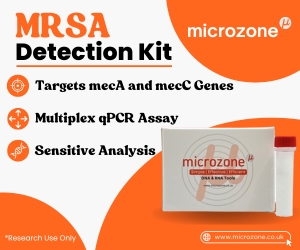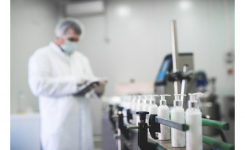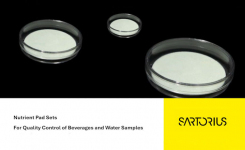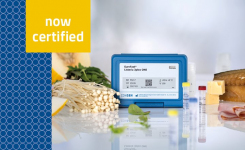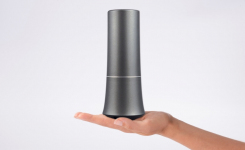Gold Standard Fastidious Anaerobe Agar from Lab M
go back to news archives| | Lab M's Fastidious Anaerobe Agar is recognised as a Gold Standard medium for the primary isolation of fastidious anaerobic organisms. It is capable of growing most clinically significant anaerobes and comparative studies have shown it to be superior to other formulations. (Heginbotham et al., 1990) |
Specific growth promoting agents include:
The inclusion of sodium pyruvate not only helps neutralise hydrogen peroxide, it also acts as an energy source for Veillonella and other organisms. Vitamin K and sodium succinate provide essential growth factors for some anaerobes as does the 0.1% glucose. This low level of glucose prevents excess acid and alcohol production, which can inhibit colony development. |
Source : Lab M View Company Information
Posted on July 23, 2007
LATEST MICROBIOLOGY NEWS
-
New Self-collection Devices from MWE
01 Jul 2025
MICROBIOLOGY EVENTS
-
AI for Food Safety Professionals
8 Jul 2025 -
Main Challenges in Allergen Testing and How to Overcome Them
9 Jul 2025 -
Getting Equipped for the Future with the New MAS-100 Sirius® Microbial Air Sampler
10 Jul 2025 -
Unmasking Endotoxins: A Sample Preparation Strategy to Overcome LER
15 Jul 2025 -
IAFP 2025
27 Jul 2025 -
ADLM 2025
27 Jul 2025 -
Food Safety Culture Workshop
9 Sep 2025 -
Who are the "Real" Spoilers in Food?
11 Sep 2025 -
CPD accredited course: Level 3 HACCP & Food Safety
15 Sep 2025 -
Culture Eats HACCP for Breakfast (free)
On-demand Webinar




